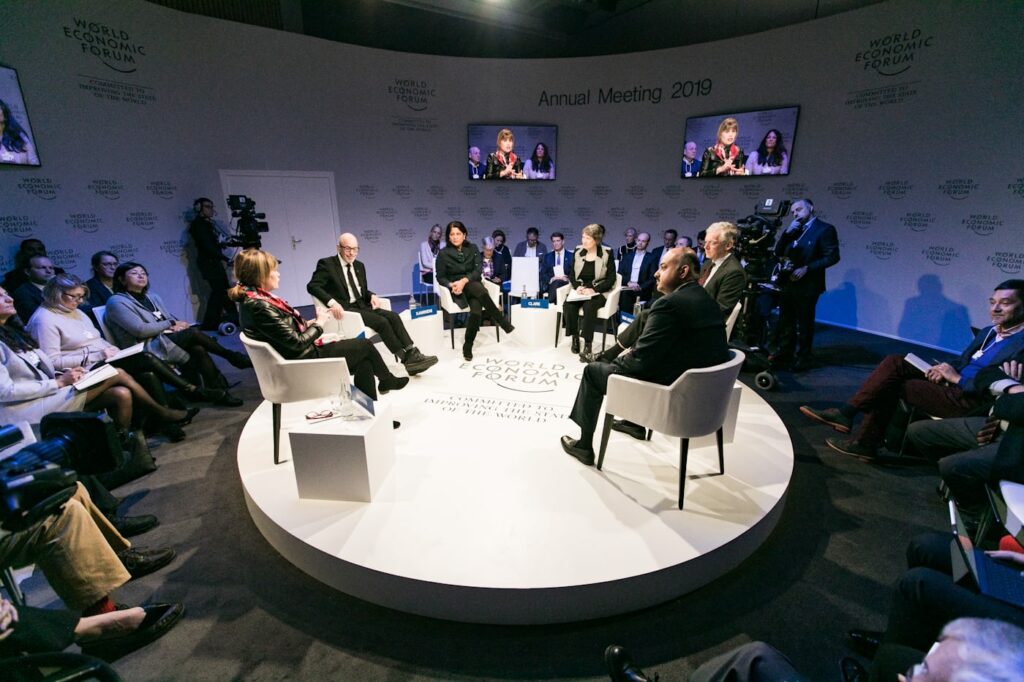Journalism’s purpose is not to preach or persuade, but to inform with fairness, depth, and courage.

True journalism should follow a simple but powerful rule: describe events in a way that is fair and equal to all political beliefs.
Not because all beliefs are morally equal, but because journalism cannot be the judge. Journalism must inform—not indoctrinate.
When journalists forget this, the press stops being a mirror and becomes a weapon. The purpose of journalism is not to confirm the biases of one class, culture, or ideology—but to expose people to reality, even when that reality is uncomfortable.
Context, Not Consensus
Real journalism describes political events not as clashes between good and evil, but as interactions shaped by risk, power, belief, and circumstance. It resists the temptation of moral hierarchy—the kind that quietly assumes Western liberalism is the default setting for humanity.
A journalist’s task is to provide context, not consensus.
Truth is not served by repeating fashionable opinions, nor by dressing ideology in the language of neutrality. It is served by depth, curiosity, and courage—the willingness to ask questions that challenge the structure of accepted truth.

The Theater of the Newsroom
Most televised debates today are little more than theater. The framing of the questions, the selection of guests, the choice of vocabulary—all are shaped by the same unipolar assumptions that define mainstream journalism.
You rarely hear questions such as:
“What are the risks of promoting only one belief system globally?”
“Can democracy be defined in a way that includes non-Western political traditions?”
These are not radical questions; they are essential. Yet they are excluded because they threaten the comfort of a single narrative.
As a result, complexity is replaced by confrontation. Nuance is sacrificed for spectacle. And journalism—the very tool meant to broaden the public mind—becomes an echo chamber for the few who already dominate the conversation.
A Method, Not a Belief System
Journalism has the power to restore balance. But only if it stops behaving like a belief system and starts functioning as a method—a discipline of verification, fairness, and intellectual honesty.
It must center transparency over tribalism, multiplicity over ideology, and truth over trend. The journalist’s loyalty must always be to facts, not factions.

The Courage to Be Uncomfortable
In a world polarized by political marketing and moral grandstanding, the future of journalism depends on rediscovering humility. The press must learn again to listen—to question without judging, to challenge without preaching, and to report without participating.
Journalism must become a system for managing political uncertainty, not a weapon for enforcing political conformity.
Only then can the public trust it again.





